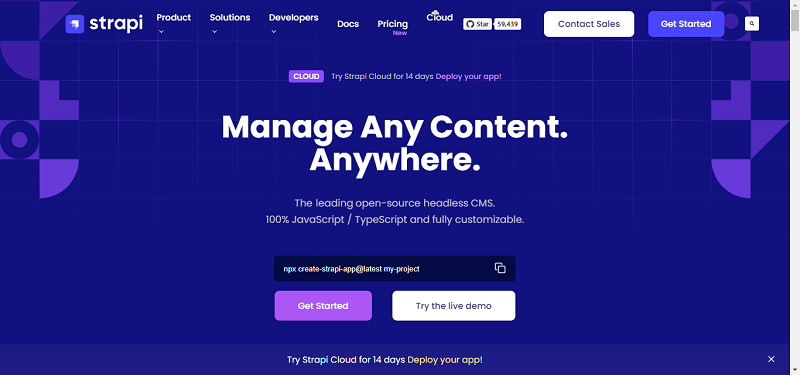In order to understand what smart contracts are and how they can be used, we should first define what a traditional contract is. A contract can be broadly defined as a promise or performance given in exchange for a promise or performance. Traditionally this involves an offer or making a specific offer to an offeree in written terms. The contract must be checked by their respective lawyers to ensure it is fair and contains no loopholes. If there are any disputes in the contract then it can be taken to court for a judge to decide the outcome.
The term smart contract was first introduced by computer scientist and cryptographer Nick Szabo in 1994. He defined smart contracts as computerized transaction protocols that execute the terms of a contract. He wanted to extend the functionality of electronic transaction methods, such as POS (point of sale), to the digital realm.
Smart contracts are just programs stored on a blockchain that run when a set of predetermined conditions are met. They are generally used to automate the execution of an agreement so that all participants can be immediately certain of the outcome, without an intermediary’s involvement. They can also be used to automate a workflow, triggering the next action when conditions are met.
Almost 20 years on and smart contracts are finally being used in the modern world. Ethereum was the first blockchain to launch smart contracts but many have since followed. They operate by using if-then logic to form a specific contract. In other words, if “x” occurs, then execute step “y”. Their use can be further expanded with the help of oracles to allow them to access off-chain data.
There are a vast number of uses for smart contracts. For example, Home Depot uses smart contracts on the blockchain to settle disputes with vendors. Through real-time communication and increased visibility into the supply chain, they have been able to build stronger relationships with suppliers, which results in more time for critical work and innovation.
The digital chamber of commerce listed 12 potential use cases:
A number of these uses for smart contracts are already being applied in a real-world context. Ethiopia recently announced that 5 million students will receive Cardano blockchain-based IDs. This system uses smart contracts to store a decentralized identity that enables the students to own their personal data and interact with organisations seamlessly, privately and securely. It also aims to resolve the issue of fake certifications which is a serious problem in Ethiopia and other developing countries.
Smart contracts are particularly attractive for developing countries that suffer from corrupt or under-funded legal systems. The use of smart contracts doesn’t require judges and lawyers, they just require code. This allows them to provide lower transaction costs for contracts. Therefore enabling more people and businesses to begin using contracts that previously wouldn’t have been able to due to the incurred financial costs.
If you want to learn more about smart contracts then check out this video uploaded by MIT. The lecture is held by Prof. Gary Gensler and Prof. Lawrence Lessig. They discuss smart contracts and how they can fit into the current legal system.
By Josh Hamilton





